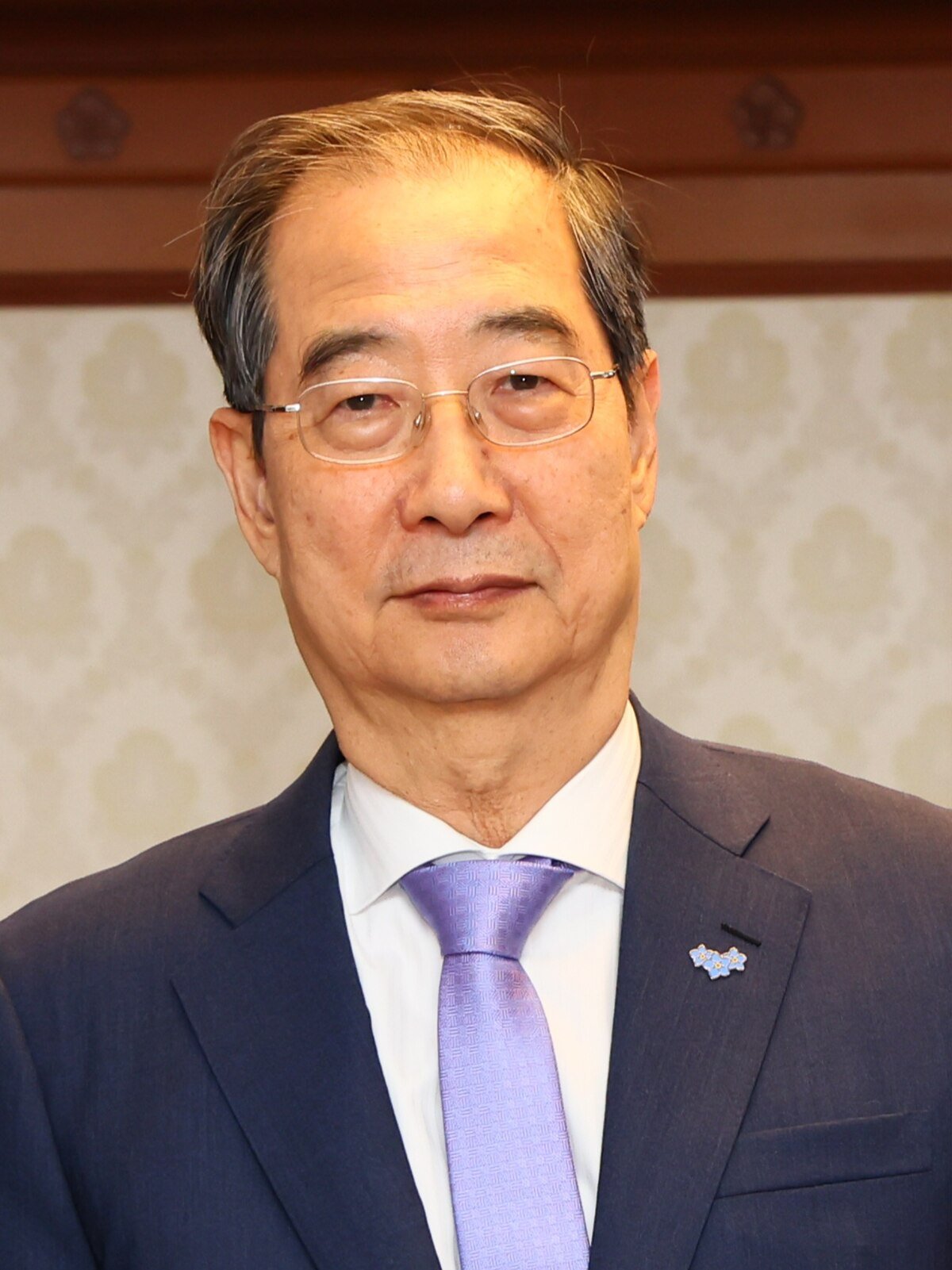
- Suspended South Korean President Yoon Suk Yeol has been booked on suspicion of obstructing an arrest warrant.
- Yoon allegedly instructed his bodyguards to prevent his arrest, leading to charges of leading an insurrection.
- Evidence of Yoon’s alleged obstruction was found in text messages exchanged with the first deputy director of the Presidential Security Service.
- Yoon’s trial is underway, with the verdict expected to be announced before mid-March, potentially reshaping South Korea’s political landscape.
In a recent development that has sent shockwaves through the political landscape of South Korea, suspended President Yoon Suk Yeol has been booked by the police on suspicion of obstructing the execution of a warrant issued for his arrest in January. This comes after Yoon’s impeachment by the parliament following his controversial declaration of martial law on December 3. The charges against Yoon stem from allegations that he instructed his bodyguards in the Presidential Security Service to prevent investigative authorities from arresting him. This was in relation to a criminal investigation over charges that he led an insurrection.
Yoon had already been booked on similar charges of hindering special official duties on January 3, following a complaint filed by the minor opposition Rebuilding Korea Party. However, as a sitting president, Yoon cannot be prosecuted criminally except for insurrection or treason. This legal immunity has been a point of contention, as it has allowed Yoon to evade prosecution for his alleged crimes.
The accusations against Yoon for obstructing an arrest warrant were included in the initial request for a detention warrant for Kim Sung-hoon, the first deputy director of the Presidential Security Service. Kim is also accused of interfering with special official duties by ordering his staff to block Yoon’s arrest.
Evidence and Legal Proceedings
The police have discovered evidence of Yoon exchanging text messages with Kim regarding the obstruction of the former’s arrest warrant. These messages were exchanged through Signal, an end-to-end encrypted messaging app based in the US. The police have stated that the specific details of the messages cannot be disclosed, but they reportedly included direct orders from Yoon to “take proactive measures” if a second attempt to arrest him were to be made.
The police have requested an arrest warrant for Kim three times from the Seoul Western District Prosecutors Office over Kim’s attempt to block Yoon’s arrest. However, their request was denied on the grounds that the listed charges for Kim are “disputable and the possibility of Kim destroying any evidence or flee is low.”
In addition to the charges against Yoon and Kim, the police have also transferred cases involving six military officials, including Lt. Gen. Won Cheon-hee, the head of the Defense Intelligence Agency, to the Corruption Investigation Office for High-ranking Officials. This is to investigate further into these military officials’ involvement in Yoon’s martial law decree.
Yoon’s Arrest and Trial
Yoon was arrested for leading an insurrection on January 15 by officials from the CIO, making him the first sitting president to be taken into custody. His trial is currently underway, with the 11th and final hearing scheduled for Tuesday. The verdict to conclude Yoon’s trial is expected to be announced before mid-March.
This case has drawn parallels with the impeachment of former South Korean President Park Geun-hye in 2017. Park was impeached and later convicted on charges of bribery, abuse of power, and coercion. She was sentenced to 24 years in prison, marking a dramatic fall from grace for the country’s first female president.
The case against Yoon has also sparked a debate about the powers and immunities of the presidency in South Korea. Critics argue that the current laws allow the president to evade prosecution for serious crimes, while supporters of Yoon argue that the charges against him are politically motivated.






